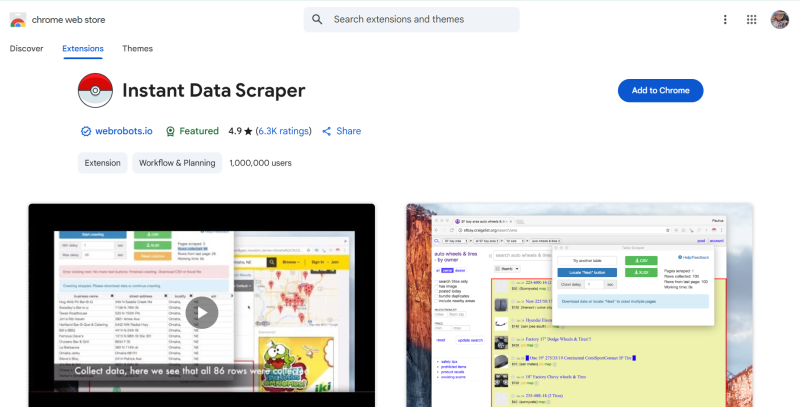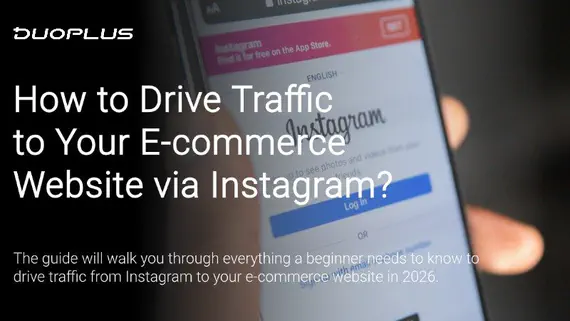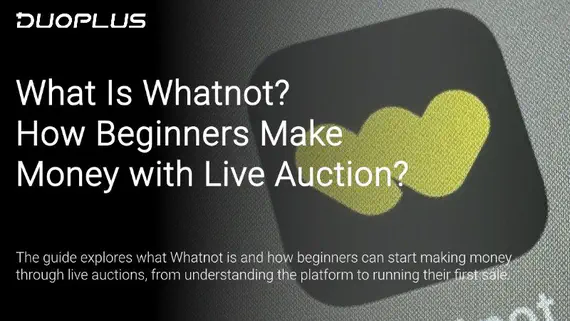In today's data-driven business environment, Facebook is not just a social platform; it is a treasure trove of immense business potential, with a vast user base and vibrant group culture, providing unprecedented opportunities for various industries. Countless professionals share information, resources, and seek collaborations within these groups, which often include a large number of clients. Moreover, regarding the volume of groups and the complex information flow, how effectively to scrape and engage with these groups has become a significant challenge for many marketers and sales professionals.
What Types of Facebook Groups Exist?
Facebook groups are spaces where users gather based on specific interests, industries, geographical locations, or other themes to engage in mutual exchanges. Understanding the different types can help us better target our desired market and effectively scrape data from clients.
There are many types of groups on Facebook, primarily categorized as follows:
- Industry-Specific Groups: These groups are created by users who share a common industry background or interest, such as market sales, software development, e-commerce, restaurant management, etc. They are places to gather industry insights, share knowledge, and seek collaboration opportunities.
- Hobby and Interest Groups: Based on shared hobbies or interests, such as photography, travel, fitness, pets, gaming, etc. These groups have high user engagement and are suitable for promoting related products or services.
- Geographical Location Groups: Based on cities, regions, or countries, these local groups serve as platforms for businesses needing services in specific areas. They are often where local clients gather.
- School Groups: Groups for high schools, colleges, or specific educational programs. These often consist of students and alumni, focusing on educational backgrounds and future career development needs.
- Community Groups: Business, non-profit, or brand-specific groups for members, employees, or fans to interact and share information.
- News and Information Groups: Groups sharing news updates, event discussions, industry insights, etc. Users often focus on specific topics and maintain high engagement.
- Lifestyle Groups: Content is often broad, covering daily life, parenting, health, fitness, and casual conversation topics.
How to Choose Suitable Facebook Groups?
After clarifying the types of Facebook groups, the next step is to precisely select the most relevant groups that align with your business objectives. Joining large groups not only lowers engagement rates but can also waste time and effort.
- Relevance is Key: Choose groups that are highly relevant to your products, services, or target market. For example, if you sell SaaS solutions for small businesses, joining "Small Business Networking" or "Startup Support Group" will be more effective than joining "Pet Lovers Club" or "Travel Photography Group."
- Group Size and Activity Level: The number of members in a group is indeed a reference factor. Generally, larger groups tend to have a higher base of clients. However, more importantly, is the group's activity level—are users actively posting, commenting, and engaging? A static group with 5000 members is less valuable than a dynamic group with 1000 members that is actively discussing and engaging.
- Quality of Group Content and Engagement: Not all groups are suitable for business promotion. Some groups may be filled with spam and irrelevant information, while others may have strict rules against any form of business promotion. Choosing groups with high engagement, management standards, and user quality will make your content more likely to be accepted and potentially build trust.
- Research Group Member Composition: If possible, analyze the group’s description, member list (if visible), or observe group discussions to understand the member demographics and whether they align with your target audience (e.g., business owners, specific industry professionals, or age groups).
- Review Group Rules: Before joining any group, carefully read the group rules and guidelines. Understand what content is allowed, whether business information can be shared, and if there are specific posting times required. Violating rules may lead to your posts being deleted or even being removed from the group.
Effectively identifying and extracting valuable data from Facebook groups is crucial for your business. Manual searching through each group for member information is undoubtedly a time-consuming and error-prone task. At this point, automation tools can significantly enhance efficiency.
Automation tools can handle repetitive and complex tasks, greatly improving extraction efficiency while ensuring data accuracy and consistency. In the context of Facebook group data extraction, these tools typically have the following core functionalities:
- Batch Identification of Group Members: Automation tools can connect to your Facebook account (with permission) and automatically access your specified target groups, quickly scrape and identify the member list within the group.
- Information Retrieval and Organization: They can extract key member information, such as user profile links, names, personal bios, join dates, etc. More importantly, many advanced tools can help you filter out members based on specific criteria, such as having a specific job title, working in a specific industry, or residing in a specific area.
- Data Formatting and Exporting: The extracted information can often be formatted into structured formats, such as CSV (comma-separated values) files or Excel spreadsheets, making it easier for you to conduct further analysis, organization, and integration into other systems (like CRM, email marketing tools, etc.).
Instant Data Scraper Assists in Automation

Instant Data Scraper, a Chrome extension, can help you extract data from Facebook clients efficiently, using the following workflow:
- Installation and Permissions: Install the extension in your Chrome browser and grant it permission to access your Facebook account.
- Select Target Groups: Adjust the extension settings to select the appropriate target Facebook groups.
- Start Scraping: Click the extension icon to initiate the scraping process. The tool will automatically load the member list of the group.
- Unlimited Scrolling Simulation: The tool can simulate unlimited scrolling through the group member list, which may not have a direct "load more" button, allowing the tool to utilize "unlimited scrolling" techniques to automatically load more member data, ensuring a comprehensive member information list.
- Data Preview and Export: After scraping is complete, the tool typically provides a data preview interface, allowing you to review the scraping results. Once confirmed, you can export the data as CSV or other formats and save it to your Google Drive or other cloud storage services for easy follow-up processing.
Of course, there are many automation tools available in the market that can assist you in scraping data from Facebook groups. You need to choose the tools that best meet your needs, leveraging Facebook's platform to gain insights and acquire your target clients. By effectively utilizing these methods, your business will see significant growth.
You May Also Like




